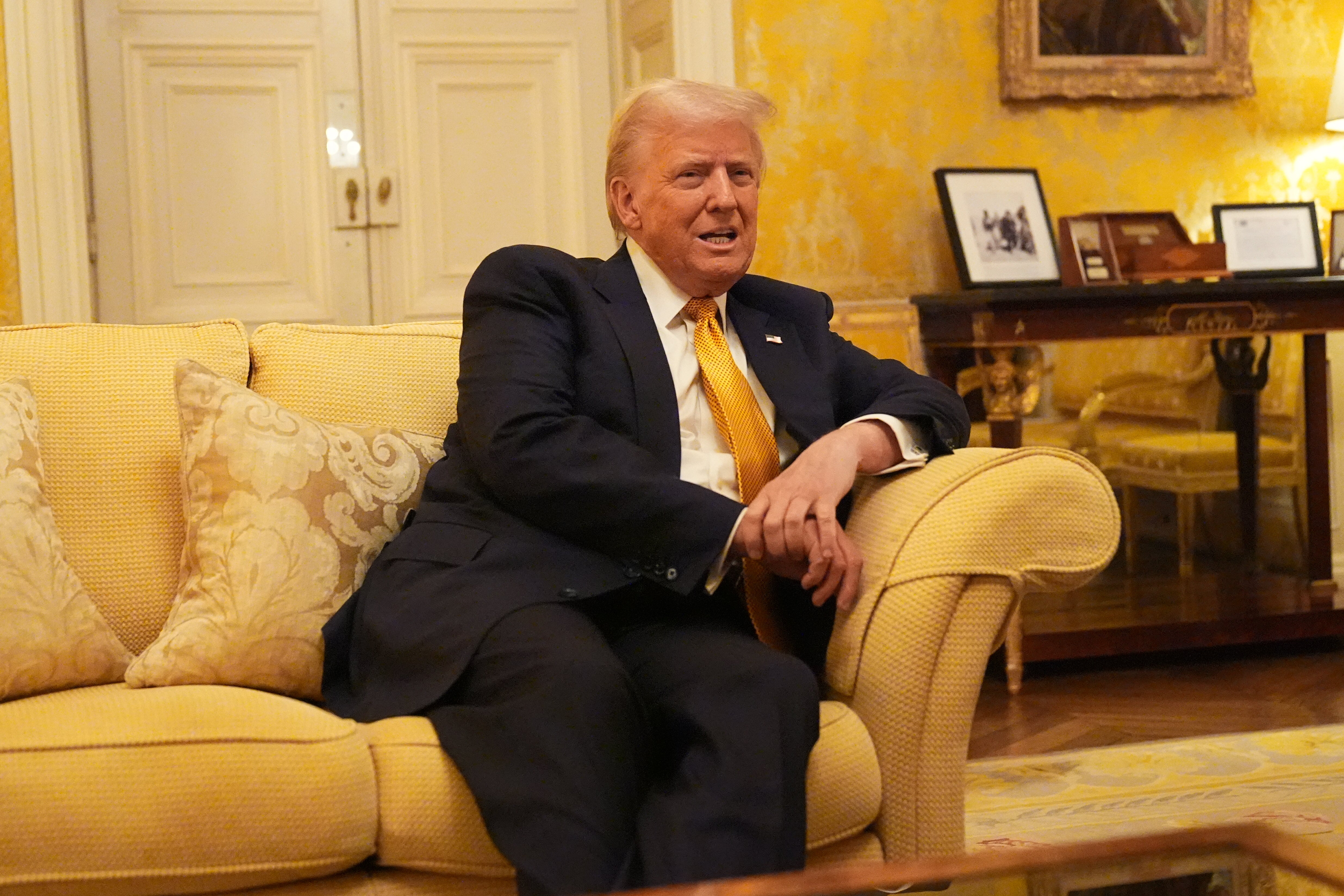
The UK should sign a formal agreement to co-operate with China on fighting climate change despite tensions in other areas, a think tank has said.
Researchers at international affairs think tank Chatham House urged ministers to deepen climate co-operation with Beijing, saying the “with us or against us” approach “belongs in the Cold War”.
In a paper due to be published next week, Chatham House said a formal deal would enable “bolder and more confident engagement” by the UK in China “and vice versa”, allowing the two countries to better share expertise.
With rising geopolitical instability, and a retrenchment of climate leadership in some quarters, they have an opportunity to demonstrate the benefits of bilateral co-operation
Chris Aylett, one of the paper’s authors, said China could benefit from the UK’s “considerable success bringing down its own emissions” and offered a “huge” potential, given the country accounted for nearly a third of global emissions.
He added: “The ‘with us or against us’ approach belongs in the Cold War era. It’s both possible, and desirable, to strike a balance.”
The call comes as Chancellor Rachel Reeves holds a series of meetings in Beijing and Shanghai aimed at improving economic relations with China.
The visit is the latest example of Labour’s softer approach to Beijing after a freezing of relations under former prime minister Rishi Sunak, although the Government has insisted it will “challenge” China where necessary.

The Chatham House paper suggested greater co-operation on areas such as emissions trading and carbon budgeting, deploying low-carbon technologies and adapting to the risks posed by climate change.
Jiangwen Guo, another of the co-authors, said: “The UK and China have a long history of successful collaboration on climate change.
“With rising geopolitical instability, and a retrenchment of climate leadership in some quarters, they have an opportunity to demonstrate the benefits of bilateral co-operation, and in so doing shore up multilateralism and accelerate practical climate action, which is in all our interests.”
But the authors also acknowledged the challenges posed by the incoming Donald Trump administration in America, saying the new president’s harder line on China could pressure the UK into abandoning co-operation in all areas.
They said: “To be successful, any new phase of UK-China climate co-operation must therefore account for these challenges and be designed in such a way that it is resilient to the inevitable political turbulence it will encounter.”
A Government spokesperson said: “The biggest risk to our energy security is staying dependent on fossil fuel markets and only by sprinting to clean power by 2030 can the UK take back control of its energy and protect both family and national finances from fossil fuel price spikes.
“Investment in the energy sector is subject to the highest levels of national security scrutiny – and we take a consistent, long-term and strategic approach to managing relations with China and will co-operate where we can, compete where we need to, and challenge where we must.
“Through our Plan for Change, we will reignite our industrial heartlands as we seize the opportunities of the clean energy transition, and will continue to drive investment and export opportunities for businesses and communities in the UK.”







